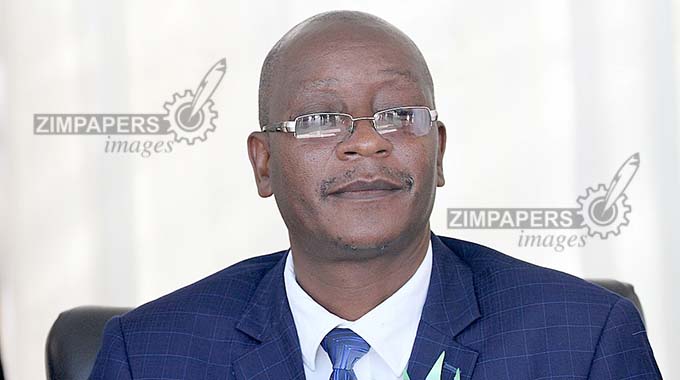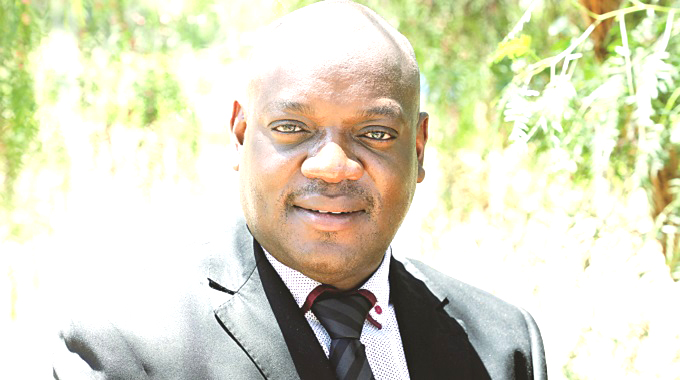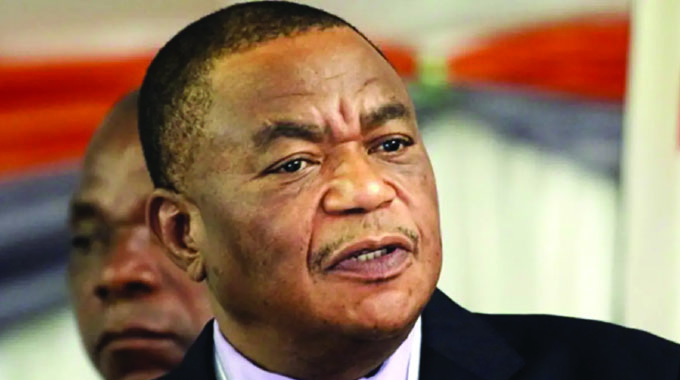Zimbabwe dismisses UN expert report

Elliot Ziwira
Senior Reporter
Zimbabwe’s Permanent Representative to the United Nations (UN)Ambassador Taonga Mushayavanhu has described the June/July report by the Special Rapporteur on the Rights to Freedom of Peaceful Assembly and Association as “prescriptive”, “biased” and out of touch with reality as it rumbles over issues that are “work in progress”, or have already been addressed by the Second Republic.
Ambassador Mushayavanhu said this while making representations at the 44th Session of the United Nations Human Rights Council in Geneva, Switzerland, yesterday, where he slammed UN Special Rapporteur Mr Clement Nyaletsossi Voule’s June/July report for slackness of standards, use of “subjective language”, lack of balance, and limited scope in sample representation.
“In general, the report falls short of the standards that mandate holders are expected to meet in their work. The Special Rapporteur’s report is punctuated by subjective language and is over prescriptive in some instances.
“Furthermore, the population sampled was limited and disproportionately comprised of unnamed non-State actors and groups. To this end, the report is unbalanced, biased and not reflective of the situation regarding the implementation of the two rights,” said Ambassador Mushayavanhu. Mr Voule visited Zimbabwe on the invitation of the Zimbabwean Government from September 17 to 27, 2019 to assess the rights to freedom of peaceful assembly and of association in the country.
The invitation affirmed the Second Republic’s commitment to the promotion and protection of citizens’ rights, which dovetails with President Mnangagwa’s readiness to fruitfully engage with the international community, particularly on human rights mechanisms.
The Special Rapporteur’s concern on the right to freedom of peaceful assembly hinged on provisions in the Maintenance of Peace and Order Act (MPOA), particularly Sections 7, 8 and 12, which replaced the outdated Public Order and Security Act.
However, Ambassador Mushayavanhu pointed out that Mr Voule was apprised of the bipartisan enactment process in both Houses of Parliament (Senate and National Assembly) which gave birth to MPOA.
“In particular, the Special Rapporteur called for the amendment of Sections 7, 8 and 12 of the MPOA. However, the Government categorically states that amending these sections would have the effect of rendering the Act insignificant as a legal instrument in the management of assemblies,” said Ambassador Mushayavanhu.
He clarified that “these three sections enhance the promotion of the right to assembly by simplifying the notice procedure, and by making a convener liable for damages in circumstances where the dictates of the law are not followed.”
Ambassador Mushayavanhu said Mr Voule’s criticism of legislative and administrative monitoring instruments prescribed in the Private Voluntary Organisations Act and Trusts, as impediments to the right to freedom of association, held no water since the measures are meant to “ensure that Private Voluntary Organisations (PVOs) and Trusts operate in public interest.”
The envoy expressed disappointment at the report’s portrayal of the Land Reform programme which was “designed to economically empower” Zimbabweans disempowered by repressive and discriminatory colonial legislation, as being “highly criticised”.
He dismissed the assertion that some constitutional amendments had eroded the rule of law as “groundless”, because “the amendments to the Constitution prior to the current 2013 Constitution were all executed in terms of the laid down procedures.”
“Furthermore, the landmark amendments effected during the period in question include the expansion of representative democracy by reintroducing the Upper House of Parliament in 2005, and the establishment of human rights institutions such as the Zimbabwe Human Rights Commission and the Zimbabwe Anti-Corruption Commission.”
While Mr Voule acknowledged the adverse effects of the illegal economic sanctions that were imposed on Harare by Western countries failed in his report to link the demonstrations to the pain caused by their continued existence.
In response to allegations by the five United Nations High Commissioner for Human Rights Special Procedures mandate holders who concluded that three MDC officials had been tortured and subjected to degrading treatment, the country’s UN representative last month raised the flag over the subjective manner in which conclusions were made, even as investigations were underway.
The rushing to conclusions was exposed as submissions so far in court point to a faked abduction by the three MDC Alliance officials who were seen at a shopping centre in Harare well after they had reported to friends that they had been abducted.









Comments